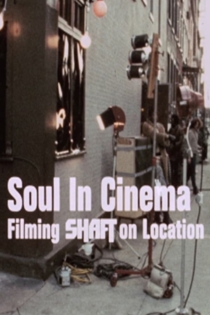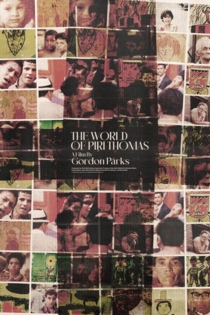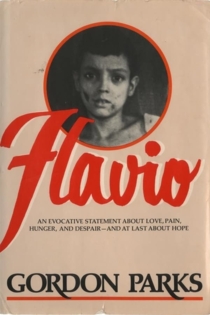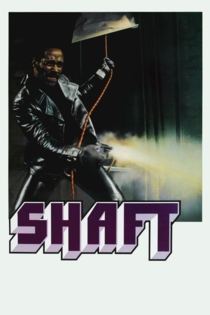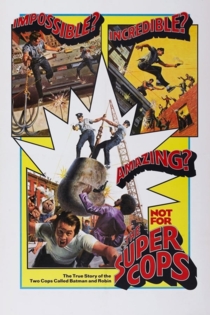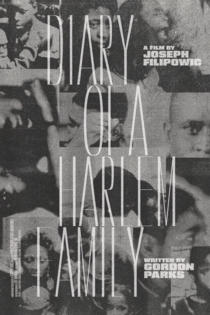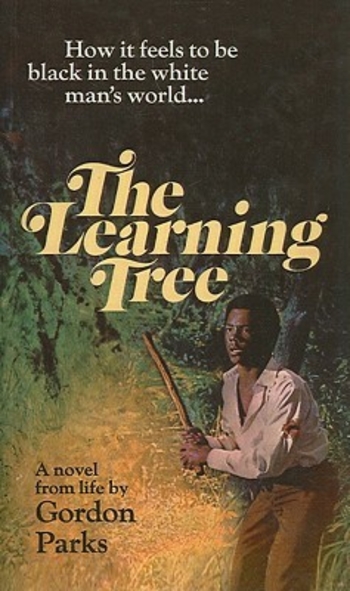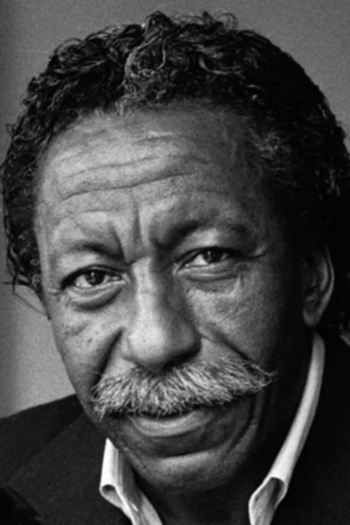
Gordon Parks
1912 - 2006Gordon Roger Alexander Buchanan Parks (November 30, 1912 – March 7, 2006) was a groundbreaking American photographer, musician, poet, novelist, journalist, activist and film director. He is best remembered for his photo essays for Life magazine and as the director of the 1971 film Shaft.
Description above from the Wikipedia article Gordon Parks, licensed under CC-BY-SA, full list of contributors on Wikipedia
Half Past Autumn: The Life and Works of Gordon Parks
Craig Rice
Gordon Parks, Alfre Woodard
An intimate look at the life and career of Gordon Parks a true Renaissance man who has excelled as a photographer, novelist, journalist, poet, musician and filmmaker.
Half Past Autumn: The Life and Works of Gordon Parks
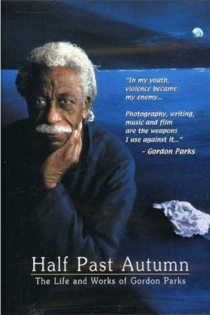
All Power to The People!
Lee Lew Lee
Mumia Abu-Jamal, Dennis Banks
Using government documents, archive footage and direct interviews with activists and former FBI/CIA officers, All Power to the People documents the history of race relations and the Civil Rights Movement in the United States during the 1960s and 70s. Covering the history of slavery, civil-rights activists, political assassinations and exploring the methods used to divide and destroy key figures of movements by government forces, the film then contrasts into Reagan-Era events, privacy threats from new technologies and the failure of the “War on Drugs”, forming a comprehensive view of the goals, aspirations and ultimate demise of the Civil Rights Movement…
All Power to the People!
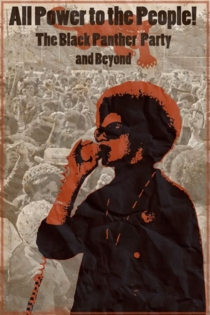
Paul Robeson: Here I Stand
St. Clair Bourne
Paul Robeson, Harry Belafonte
Paul Robeson: Here I Stand presents the life and achievements of an extraordinary man. Athlete, singer, and scholar, Robeson was also a charismatic champion of the rights of the poor working man, the disfranchised and people of color. He led a life in the vanguard of many movements, achieved international acclaim for his music and suffered tremendous personal sacrifice. His story is one of the great dramas of the 20th century, spanning an international canvas of social upheaval and ideological controversy.
Paul Robeson: Here I Stand
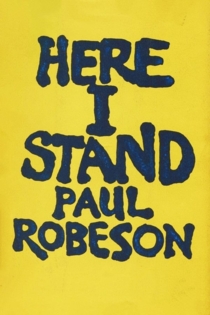
Moments Without Proper Names
Gordon Parks
Gordon Parks, Avery Brooks
Moments Without Proper Names makes Parks makes himself the subject, tracing his development as a person and an artist through an hourlong, non-narrative abstract self-portrait that combines Parks’s photographs with his musical compositions and scenes from his films. It also features footage of Parks, plus interpretations of his personal reminiscences performed by actors Avery Brooks, Roscoe Lee Browne, and Joe Seneca.
Moments Without Proper Names
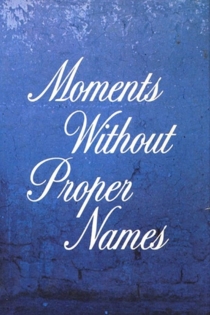
Solomon Northup's Odyssey
Gordon Parks
Avery Brooks, Mason Adams
This is based on a true story. Solomon Northrop is a black man in the mid 19th century before slavery was abolished. He's a born freeman who works as a carpenter and is also a part time musician. One day he is approached by some men who want him to play for them. However, that is not their intention; they have kidnapped him and sold him into slavery. Now he has to endure the hardships that he has been spared because of his status as a freeman. And his family who don't know what happened to him is searching for him but where do they go? And Solomon also wishes to let them know where he is so that they could get him but unfortunately no one believes his story or is willing to help him.
Solomon Northup's Odyssey
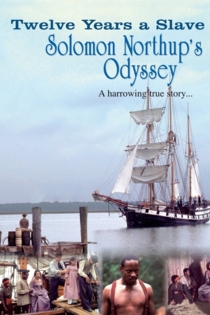
Leadbelly
Gordon Parks
Roger E. Mosley, Paul Benjamin
The life of Blues and folk singer Huddie Leadbetter, nicknamed Leadbelly is recounted. Covering the good times and bad from his 20s to 40s. Much of that time was spent on chain gangs in the south. Even in prison he became well known for the songs he had composed and sung during and before the time he spent there.
Leadbelly
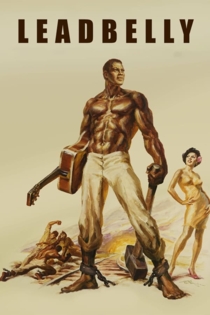
The Learning Tree
Gordon Parks
Kyle Johnson, Alex Clarke
The story, set in Kansas during the 1920's, covers less than a year in the life of a black teenager, and documents the veritable deluge of events which force him into sudden manhood. The family relationships and enmities, the fears, frustrations and ambitions of the black teenager in small-town America are explored with a strong statement about human values.
The Learning Tree
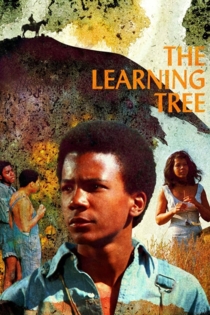
How to Eat Your Watermelon in White Company (and Enjoy It)
Joe Angio
Marva Allen, Emanuel Azenberg
Melvin Van Peebles was one of the first black directors to challenge the white establishment in his films, which include "Watermelon Man" and "Sweet Sweetback's Baadasssss Song." In this documentary, the life of Van Peebles is discussed, including his work not only in film, but also as a novelist, actor, musician, stock trader and even Air Force pilot. Interview subjects include Gil Scott-Heron, Spike lee and Melvin's son and fellow filmmaker, Mario Van Peebles.
How to Eat Your Watermelon in White Company (and Enjoy It)
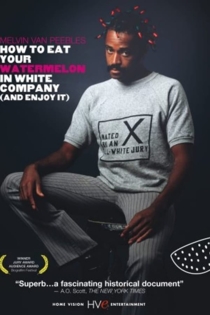
BaadAsssss Cinema
Isaac Julien
Larry Cohen, Tamara Dobson
With archive film clips and interviews, this brief look at a frequently overlooked historical period of filmmaking acts as an introduction rather than a complete record. It features interviews with some of the genre's biggest stars, like Fred Williamson, Pam Grier, and Richard Roundtree. Director Melvin Van Peebles discusses the historical importance of his landmark film Sweet Sweetback's Baadasssss Song. For a contemporary perspective, the excitable Quentin Tarantino offers his spirited commentary and author/critic bell hooks provides some scholarly social analysis.
BaadAsssss Cinema
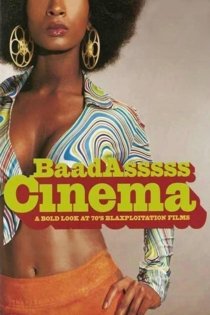
Soul in Cinema: Filming Shaft on Location
Hugh A. Robertson
Ричард Раундтр, Gordon Parks
A behind the scenes look at the filming of the movie Shaft (1971). The movie's director, Gordon Parks is seen directing a couple of fight scenes which he wants to get in as few takes as possible due to the set-up time and the danger involved in the stunt work. He is also seen speaking to the composer of the film score, 'Isaac Hayes', about the overlaying of the music over one of those fight scenes, and what he wants musically for another scene involving the lead character, John Shaft, moving through Times Square. The latter would eventually become the movie's iconic theme music. Being a frenetically paced action movie, he also works closely with the film's editor, Hugh A. Robertson.
Soul in Cinema: Filming 'Shaft' on Location
